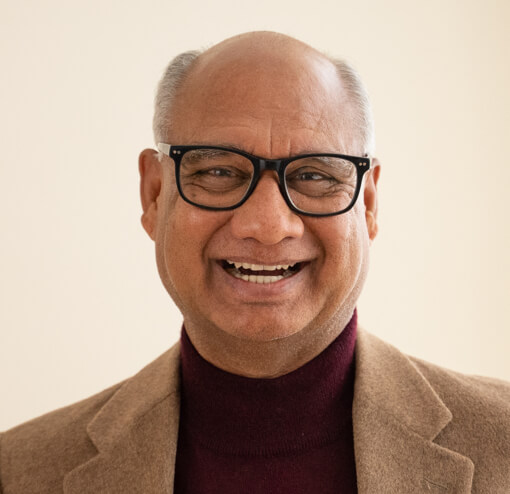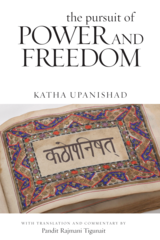Just like any of us, the seeker Nachiketa—the young protagonist of the Katha Upanishad—had heard about heaven and hell. His culture had imparted to him the idea of good and evil. He was also familiar with the definitions of good and evil prevalent in the past. He had seen how priests stood between humans and their conscience, between the dead and their destiny after life. He had seen how direct experience gets replaced by blind faith, and genuine religious practices by mere superstitions. The trivialization of virtue and vice, of gods and goddesses, and of the ritual worship to propitiate them had always bothered him. He questioned whether God was really a petty-minded person who rewarded the doers of good and punished the doers of evil. Nachiketa seized the opportunity to discover the truth that had been shrouded in mystery, faith, doubt, disbelief, and personal preference.
The state of mind free from fear is heaven.
He asked his master, who happened to be the Lord of Death, Yamaraja, “I have heard that in heaven there is no fear of any kind. In heaven there is neither death nor old age. Crossing the realm of hunger and thirst, a person in heaven enjoys pleasures that transcend all worries.”
Nachiketa continued, “Tell me, Master, does heaven really exist? Is the heavenly world similar to ours? Is this world eternal and therefore not subject to any change or destruction? Do things in heaven always remain the same? How do we reach there after we die? Once we reach there, do we stay there forever? Do the residents of heaven have bodies like ours? Are all the souls in heaven equally happy? I have heard that there are seven levels of heaven and seven levels of hell. Who determines who goes where and for how long? Please unveil the mystery of heaven and hell as part of my second of the three boons that you promised.”

Yamaraja responded, “To a confused person, the idea of heaven and hell is very complex. However, to a person with a clear, calm, and tranquil mind, it is very simple: The state of mind free from fear is heaven. A fearful person lives in hell here and hereafter. The day you attain freedom from the fear associated with old age and death, you have created a heaven that cannot be destroyed by anyone. The day your actions are not motivated by hunger and thirst will be the day to build your lasting residence in heaven. The day you cross the realm of worries, you will land in the kingdom of heaven.”
The idea of heaven and hell is as ancient as human civilization itself. In every culture, heaven is associated with the idea of pleasure, and hell with the idea of suffering. In the Indian tradition, just as in other traditions, it is believed that after you die you either go to heaven or to hell. Indian mythology gives a graphic description not only of hell and heaven but also of how we reach there.
In every culture, heaven is associated with the idea of pleasure, and hell with the idea of suffering.
During the time of death, all of us share a common experience of clinging to life. We do not want to die, and yet the reality of our death becomes evident. We do not want to let go of our belongings or loved ones. We do not want to lose our possessions. While alive, we do not want to share our possessions with others, fearing we won’t have enough for ourselves. First, we try to accumulate wealth, sometimes even at the cost of killing our conscience. Then we try to hide at least a big chunk of it and invest the remaining as quietly as possible. We keep our investments secret even from our loved ones.
When old age announces its arrival, we struggle hard to deny its presence. In a futile attempt to escape the reality of aging, we are confronted with fear and doubt, grief and hopelessness. To remedy this pain, we visit our familiar domains of comfort: vacations, parties, temples, priests, gurus, and gods and goddesses. Finally, death—the embodiment of fear—stands before us. In the shadow of death, our breath begins to tremble, our senses begin to crumble, our nervous system becomes paralyzed, our conscious mind is rendered inert. What becomes active? Our unconscious mind.
Source: Pursuit of Power and Freedom (Pandit Rajmani Tigunait)

